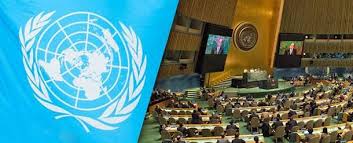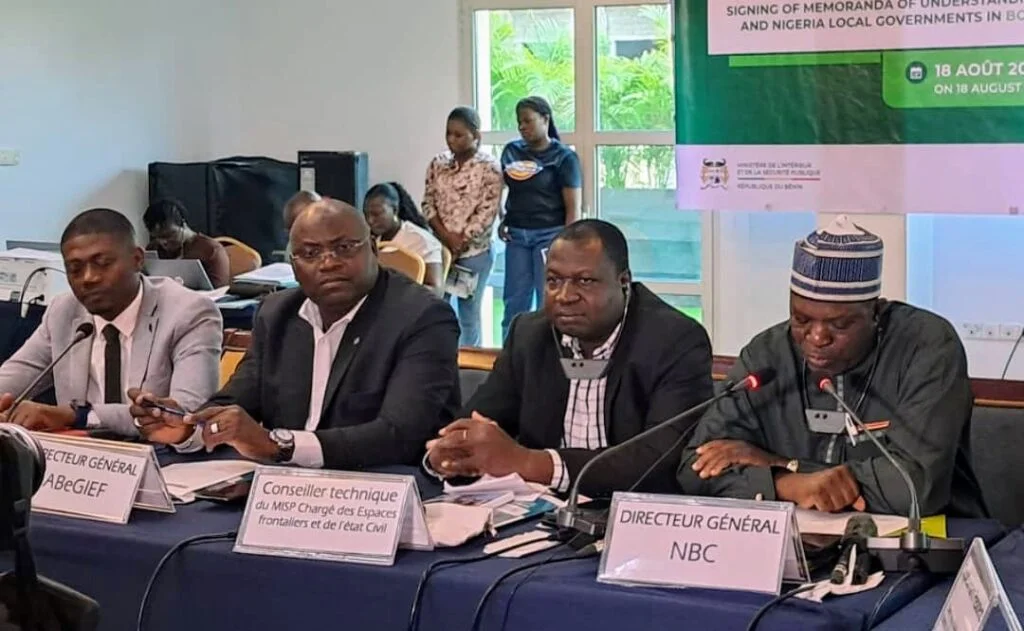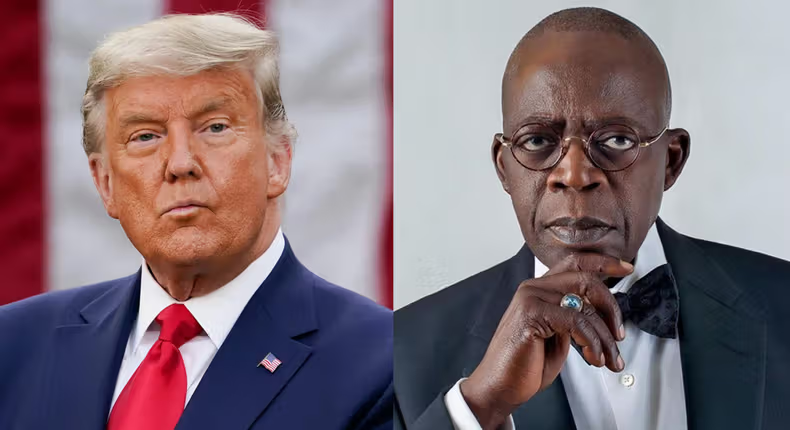Leaders from Nigeria and 100 other countries have announced new national climate action plans at a summit on the sidelines of the 80th UN General Assembly in New York.
The summit was convened by Secretary-General António Guterres alongside Brazilian President Luiz Inácio Lula Da Silva, host of the COP30 conference, scheduled for November in the Amazonian city of Belém.
At the meeting of Heads of State and Government, Vice President Kashim Shettima presented Nigeria’s new Nationally Determined Contributions (NDCs) under the Paris Agreement.
Major economies, including China and Nigeria, unveiled economy-wide targets to cut emissions across all greenhouse gases and sectors, pledging a stronger push towards deep decarbonisation.
Other nations announced commitments such as scaling up renewable energy, reducing methane, protecting forests, and accelerating the phase-out of fossil fuels.
These pledges mark a turning point in global climate ambition, setting the stage for COP30 and a decade of decisive action.
Climate scientists Johan Rockström and Katharine Hayhoe gave a stark assessment of global progress since the 2015 Paris Agreement, which aims to limit global temperature rise to 1.5 degrees Celsius.
Ten years on, greenhouse gas emissions continue to rise, and last year the global temperature increase exceeded 1.5 degrees for the first time.
“This is a deep concern,” said Professor Rockström, chief scientist at Conservation International. “An even deeper concern is that warming appears to be accelerating, outpacing emissions.”
Professor Hayhoe noted that the 1.5-degree target remains possible through transitions to clean energy and transformation of food systems. “We cannot prevent this catastrophe alone. But together, we can,” she said.
Guterres said the treaty has already reduced projected global temperature rise from four degrees to under three. “Now, we need new plans for 2035 that go much further, and much faster,” he stressed, adding that COP30 “must conclude with a credible global response plan to get us on track.”
President Lula said the energy transition could spark a transformation comparable to the Industrial Revolution. Brazil has pledged to cut emissions by 59 to 67 per cent across all sectors and end deforestation by 2030.
China’s President Xi Jinping announced targets to reduce net greenhouse gas emissions by up to 10 per cent from peak levels by 2035, increase non-fossil fuel share to over 30 per cent, expand renewable capacity sixfold, and make new energy vehicles dominant in new sales.
European Commission President Ursula von der Leyen said emissions in the EU have fallen nearly 40 per cent since 1990, and Europe remains the world’s largest provider of climate finance, mobilising up to 300 billion Euros for global clean energy transition.
Belize’s Prime Minister Johnny Briceño emphasised that the 1.5-degree goal is “a threshold between hope and hardship.” He said Belize will expand renewable electricity to 80 per cent of domestic needs by 2035, restore 25,000 hectares of degraded forest, and plant a million trees in three years.
“Ambition can only succeed if matched by support for small climate-vulnerable nations like Belize,” he added.
(NAN)







